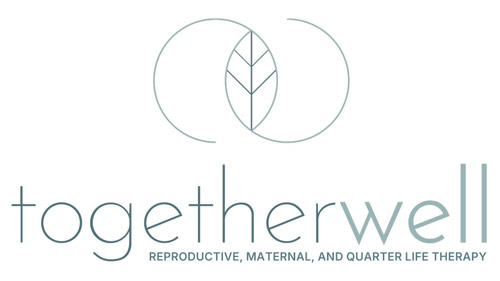As a perinatal psychotherapist, I regularly work with individuals navigating deeply personal decisions, some of which challenge conventional norms and require considerable emotional resilience. One of the decisions that has come up with an increased frequency, is the choice of whether to pursue single motherhood.
Single parenthood by choice, when an individual deliberately decides to become a parent without a partner, can arise from a variety of circumstances. Some people find themselves at a crossroads in life where waiting for the “right” partner no longer aligns with their desire to build a family. Others may have always envisioned parenting independently. Regardless of the path, the decision is rarely made lightly.
Redefining the Family Narrative
Traditional cultural narratives have long upheld the two-parent household as the gold standard of family structure. However, contemporary family systems are far more diverse. Single parenthood by choice is one such evolution, representing a shift toward intentionality and autonomy in family creation.
Individuals who choose this path often engage in thoughtful reflection and planning. Far from being impulsive, these decisions are typically grounded in a deep desire to parent and a clear understanding of the responsibilities involved. This intentional approach stands in stark contrast to stereotypes that portray single parenting as something that occurs due to crisis or happenstance.
Common Emotional Themes
In therapeutic settings, clients considering or embarking on this journey frequently express a mix of emotions—hope, fear, excitement, and vulnerability. Common concerns include:
- Readiness and capability: “Can I truly manage parenting on my own?”
- Social perception: “Will I be judged for doing this without a partner?”
- Impact on the child: “Will my child feel the absence of a second parent?”
- Loneliness: “What will it feel like to parent without a co-parent to share the experience?”
These questions are not only valid—they reflect the kind of introspection that responsible parenting requires. Rather than indicating selfishness or recklessness, they demonstrate a high level of conscientiousness and care.
Stigma and Societal Expectations
Despite increasing acceptance, single parents by choice often face implicit and explicit stigma. Cultural expectations around romantic relationships and family roles can place undue pressure on individuals to conform, even when doing so would come at the cost of personal fulfillment.
In therapy, we work to dismantle these internalized narratives. The ability to define one’s own family structure is an act of agency and strength. There is no singular blueprint for a healthy family and what matters most is the presence of secure, loving relationships.
The Reality of Doing It Alone
It is also important to acknowledge the realities of single parenting. Emotional and logistical support becomes critically important. Building a strong community, whether through family, friends, or fellow solo parents, can provide the necessary support for success and well-being.
Fear of loneliness is a common concern for my clients considering single parenthood. The absence of a partner can be felt acutely during both joyful milestones and difficult moments. However, it is also possible to cultivate rich, fulfilling connections outside of a romantic partnership. Support does not need to be limited to a traditional nuclear family.
Supporting the Child’s Emotional Landscape
Another area of focus is the child’s experience. While some worry that a child raised by a single parent may feel a lack, research consistently shows that children thrive in environments where they feel safe, seen, and loved. The number of parents is less important than the quality of the parent-child relationship.
Openness and honesty about family structure, when approached with age-appropriate language and sensitivity, can help children develop a strong and positive sense of identity. Every family has its unique story—normalizing that diversity helps children understand that there is no “right” way to be a family.
Single parenthood by choice is a deeply personal and courageous decision. It challenges traditional assumptions and requires thoughtful emotional preparation. For many, it is also a path toward profound purpose and fulfillment.
As mental health clinician, it is my role to support individuals in exploring these choices with compassion, clarity, and an emphasis on the emotional well-being for both parent and child.
For those considering this path, know that it is possible to create a nurturing, stable, and joyful family on your own terms. The choice to parent is an act of love—no matter how that family is formed.
Contact us if you’d like to learn more.








